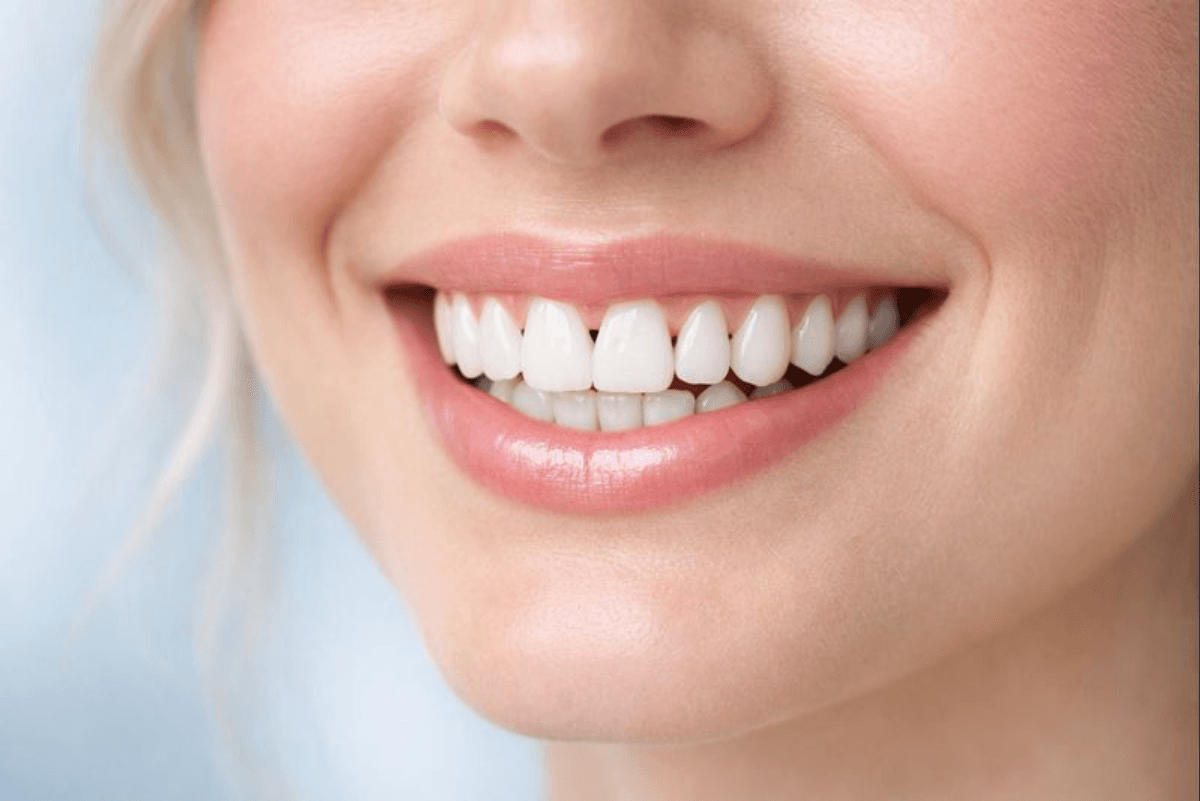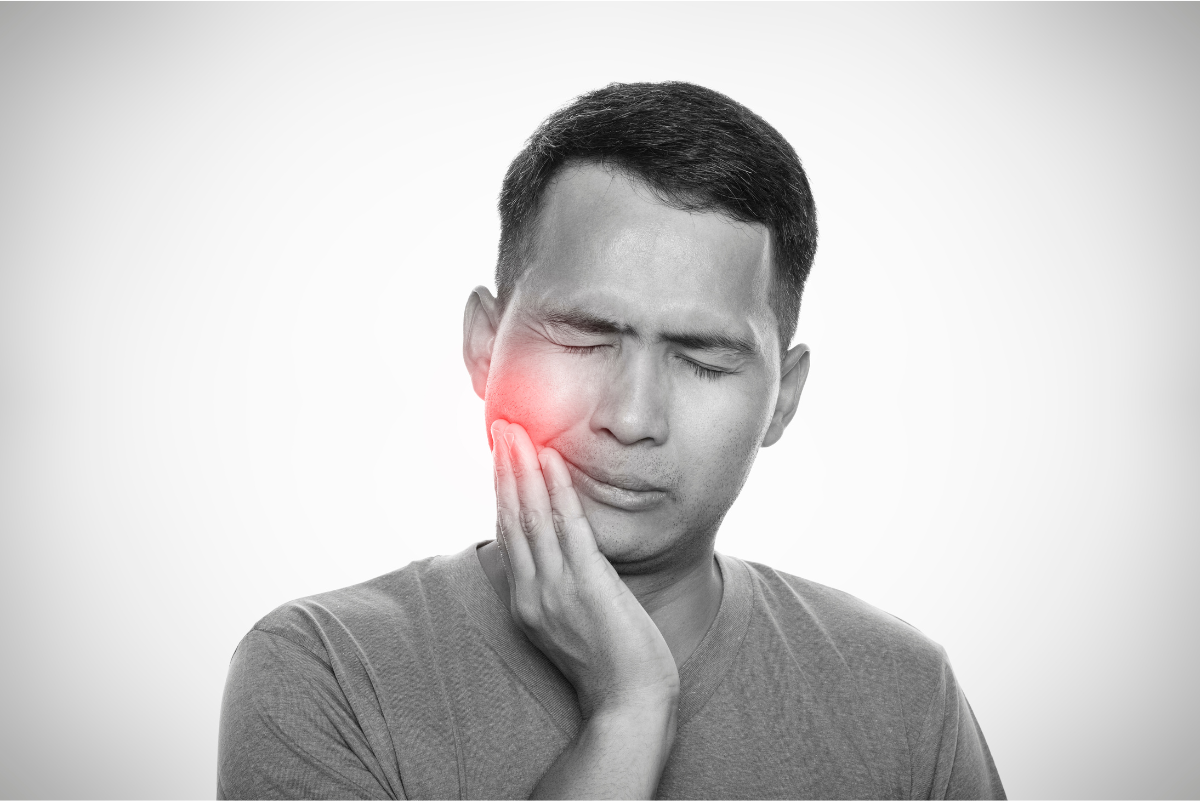Does cheese make you drool? Camembert, mozzarella, cheddar, bleu — even reading the names can cause a mouth-watering reaction if you’re a cheese lover. It may sound strange, but that is actually a good thing for your teeth!
Cheese has a number of teeth-friendly benefits and can even help freshen your breath. Everything that you eat and drink throughout the day has an effect on your body and also on the health of your mouth and teeth. Dairy is a great choice, as are fruits, vegetables, and nuts. Let’s talk about foods that are good for oral health.

Building strong and healthy teeth with dairy
Dairy products are generally the easiest way to introduce more calcium into your diet. Cheeses, milk, and yogurt all have lots of calcium. But did you know foods like brown rice, beans, and salmon also have calcium?
Dairy products contain casein proteins which prevent cavities by recruiting tooth minerals to remineralize decayed areas. Consuming dairy products also stimulates saliva flow in your mouth, which helps to control plaque, as saliva contains calcium and phosphate which restores minerals to our teeth. Probiotics found in yogurt, especially natural and Greek yogurts, help slow the growth of cavity-causing bacteria. Cheese is also high in phosphate which helps balance pH levels in the mouth, creating less acidity.
For vegans and others who can’t consume dairy, plant-based milks, like soy and almond milk, are now fortified with these essential nutrients.
Fruit is nature’s candy
Fruits, like dairy products, are an excellent snack for teeth health.
An apple a day may not be enough to keep a doctor away — but your teeth will like it! Chomping on an apple stimulates your gums — kind of like a gum massage for good oral health. Chewing apples can reduce cavity-causing bacteria, increase saliva flow, and remove plaque trapped between teeth.
Fruits are loaded with vitamins, minerals, and antioxidants that keep our teeth strong and our mouths healthy. Some great teeth-friendly fruits are:
- Kiwis have a really high concentration of vitamin C, which strengthens the gums and prevents gingivitis.
- Strawberries have vitamin C, antioxidants, and malic acid; malic acid helps with dry mouth.
- Fresh cranberries have antioxidants and help to remove plaque.
- Pears are great for neutralizing acids in your mouth.
Fruit snacks and dried fruit should generally be avoided. They are not as good as fresh fruit nutritionally and since they are so chewy, they’re likely to get stuck in your teeth and leave behind lots of sugar. And be careful eating too many acidic fruits, like pineapples, oranges, and grapes, which can cause tooth erosion.
Get a crunch with vegetables
Do you look at carrots and celery and think toothbrush and floss? Vegetables, especially really crunchy and fibre-rich ones, are great for our teeth. They require a lot of chewing, which scrubs away food particles and harmful bacteria, and stimulates saliva flow.
Some of the best teeth-friendly vegetables include:
- Celery has been called ‘nature’s dental floss’ because of its very fibrous and stringy texture that goes between teeth. Since it’s so chewy, it produces lots of saliva to neutralize bacteria.
- Carrots have loads of vitamin A and calcium, which strengthens enamel.
- Dark leafy greens like spinach, lettuce, and kale, help clean the teeth and are rich in calcium, folic acid, and other important vitamins and minerals.
- Shiitake mushrooms may help prevent cavities due to their antimicrobial nature.
- Garlic lovers will be happy to know that garlic has antimicrobial properties which help fight tooth decay.
Chew on some nuts
Are you nuts about nuts? That’s a good thing! Nuts contain many essential nutrients that lead to strong, healthy teeth. Crunching them keeps your teeth in tip-top shape by strengthening them and removing bacteria deposits.
Many nuts contain calcium and phosphorus which is good for strong, healthy teeth, while also being low in carbohydrates. Almonds, cashews and brazil nuts all fight bacteria in the mouth. Walnuts are the superheroes of the nut world with fibre, folic acid, iron, thiamine, magnesium, iron, niacin, vitamin B6, potassium, and zinc!
Put down that double margarita and pick up some sparkling water
While enjoying some fresh fruit, with cheeses and nuts, wash it all down with some delicious water. Water is your friend in many ways for your health. Keeping hydrated allows your body to properly distribute healthy nutrients and get rid of waste. Water with fluoride is one of the best choices for preventing cavities. If plain water bores you, try sparkling or make ‘spa water’ by adding in cucumber slices or berries.
While tea can stain your teeth, it also has benefits for your mouth. Black and green tea contain compounds called polyphenols that slow the buildup of plaque and kill bacteria that can cause cavities and gum disease.
It’s best to limit drinking, as alcohol can have a range of negative effects on oral health. Drinking alcohol dries out the mouth which can cause bad breath and cavities. Excessive drinking can lead to tooth erosion, decay, and oral cancer.
If you’re worried about the health of your teeth, drinking water during and after meals will wash away leftover sugars and acids in the mouth. After eating dessert or something else sweet, drink milk, unsweetened tea, or water to reduce the acid.
Moderation is key
In addition to proper dental hygiene, brushing and flossing every day, and regular trips to your dentist, nutrition can also have a big impact on teeth health. The most important thing is to eat a well-balanced diet of whole grains, proteins, vegetables, and fruits to ensure you have healthy teeth and gums. Limit sugary snacks, drinks, and alcohol and drink water throughout the day.
We look forward to chatting with you about how to best optimize your diet to have healthy and strong teeth.



